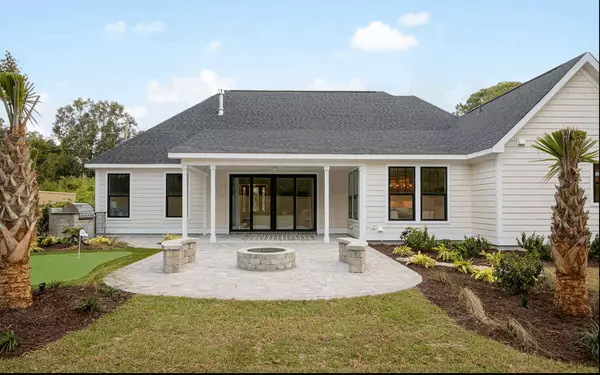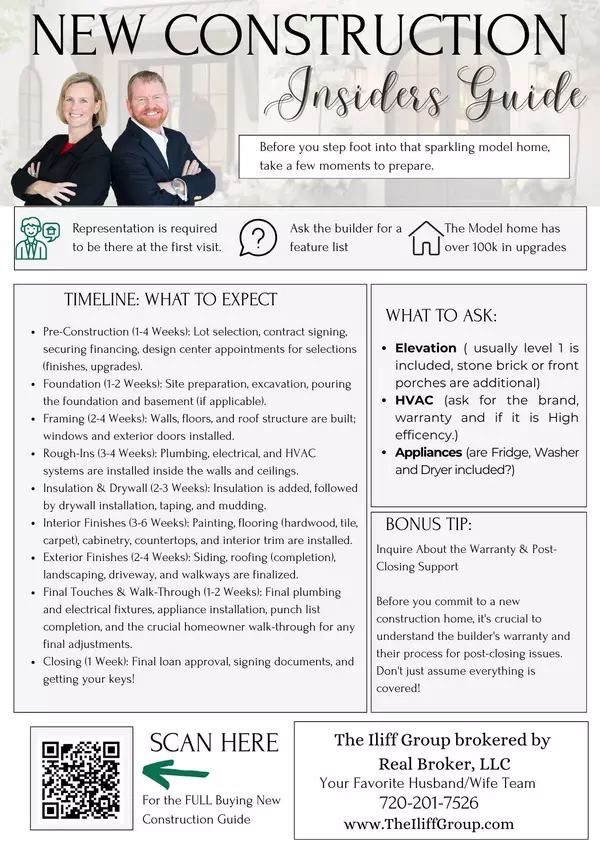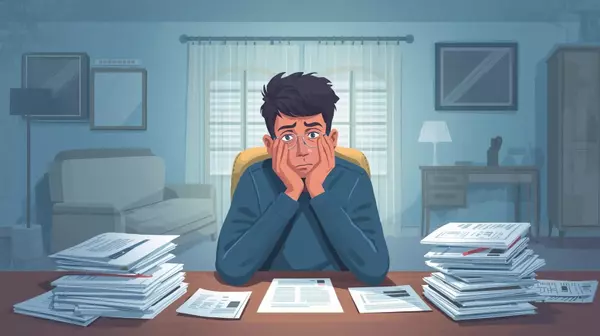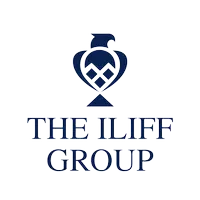Mastering Your Home Sale: The Crucial Role of Escrows, Title, and Closing Costs for South Carolina Sellers
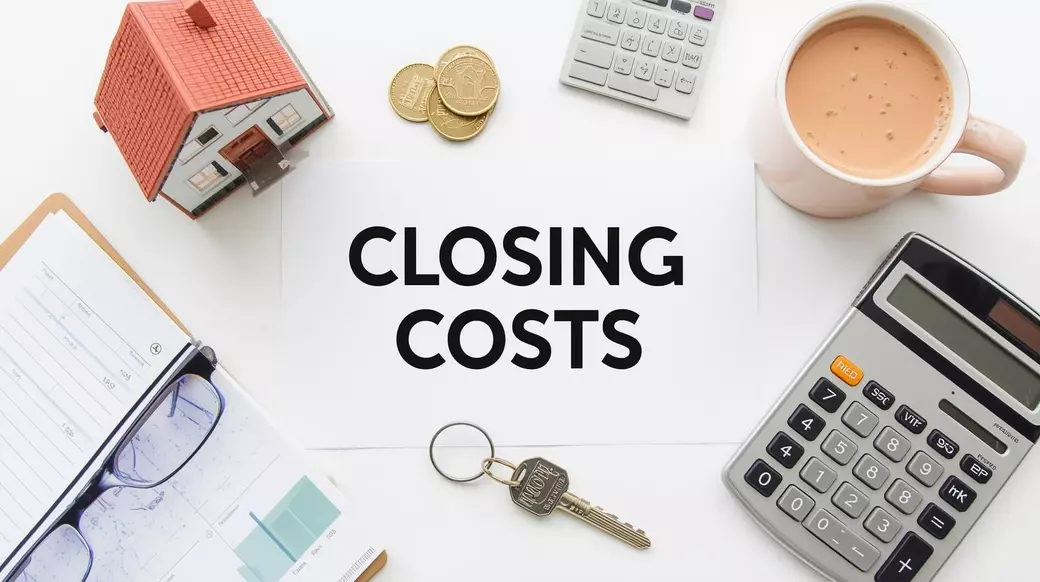
Mastering Your Home Sale: The Crucial Role of Escrows, Title, and Closing Costs for South Carolina Sellers
Introduction: Navigating the South Carolina Real Estate Landscape
Selling your home is one of the most significant financial transactions you’ll ever undertake. It’s a moment of both excitement and complexity, especially when you consider the intricate financial and legal processes involved. For sellers in South Carolina (SC), understanding the core components of the closing process, specifically escrows, title, and closing costs—isn't just a good idea; it's absolutely crucial for a smooth, profitable, and stress-free experience.
We, as your trusted husband-wife real estate team, believe in empowering our clients with knowledge. Our goal in this comprehensive guide is to demystify these often-confusing terms and provide you with a clear roadmap so you can approach your SC home sale with confidence, avoid unexpected surprises, and maximize your net proceeds. We're here to ensure you walk away from the closing table feeling well-informed and successful.
Escrow in South Carolina: Securing Your Transaction's Integrity
The term "escrow" is central to nearly every real estate transaction. Essentially, it describes the process where a neutral third party holds and manages funds and documents on behalf of both the buyer and the seller until all conditions of the sale contract are met. This mechanism acts as a safeguard, ensuring that no money or property changes hands until everyone has fulfilled their obligations.
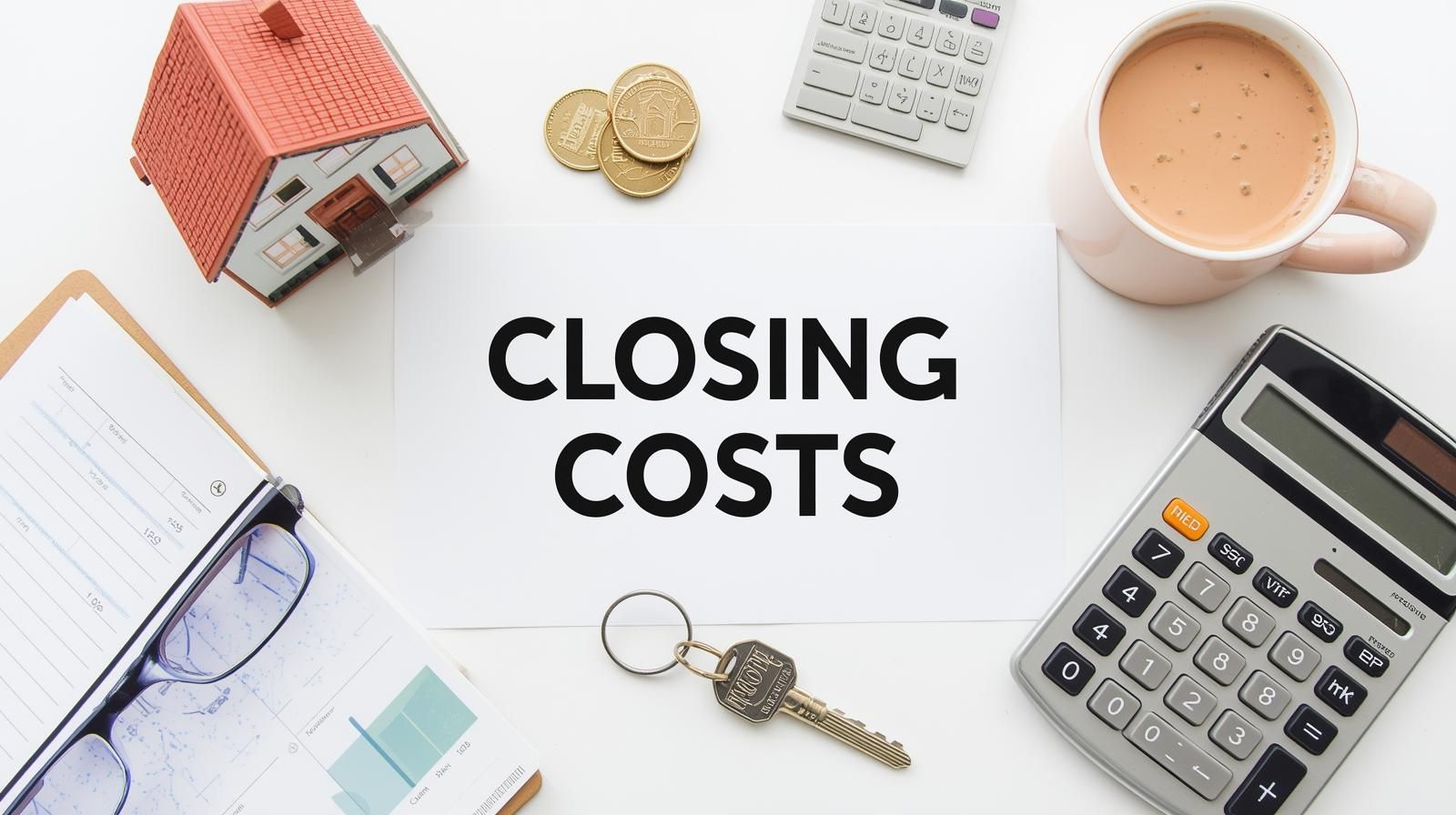
The Seller's Role in the Escrow Process
For you, the seller, the escrow process begins the moment a buyer's offer is accepted and their earnest money deposit (EMD) is placed into an escrow account. This deposit, typically a percentage of the purchase price, demonstrates the buyer’s serious intent.
The Earnest Money Deposit (EMD)
-
What it is: The EMD is a sum of money deposited by the buyer to signal their good faith in fulfilling the terms of the contract.
-
Where it goes: In SC, this money is typically held by a third party, often the buyer's attorney or the real estate brokerage, in a dedicated escrow account.
-
For the seller: The EMD provides security. If the buyer defaults on the contract without a valid reason (i.e., outside of a contingency), the seller may be entitled to keep this money as compensation for taking the home off the market. Conversely, if the sale closes, the EMD is credited toward the buyer’s down payment and closing costs.
Addressing Contingencies in Escrow
The time an SC property is "in escrow" is when all the contractual contingencies are addressed. These might include the buyer's home inspection, appraisal, and securing final mortgage approval.
-
Seller's Obligation: We work with you to ensure timely cooperation with all inspection requests and to provide necessary disclosures. If an agreement is reached for repairs or a credit, those instructions are given to the closing attorney or agent administering the escrow.
-
Post-Closing Escrows: Sometimes, a small amount of the seller’s proceeds may be held "in escrow" after closing. This typically happens if an unexpected issue arises that can't be resolved before the closing date, such as a necessary repair or a pending utility bill. Once the issue is resolved, the funds are released to you.
Title Examination and Insurance: Guaranteeing Clear Ownership
In a home sale, the title is the legal document that signifies ownership of the property. For a successful closing, you must be able to deliver a "clear title" to the buyer, meaning the property is free of any undisclosed liens, claims, or legal defects.

The Essential South Carolina Title Search
The title search is a mandatory step in the closing process, often ordered by the buyer’s attorney. A title examiner meticulously reviews public records, including deeds, court records, and property tax filings, going back many years.
What a Title Search Uncovers for SC Sellers:
-
Mortgage Liens: Any outstanding mortgages or Home Equity Lines of Credit (HELOCs) you have on the property. These will be paid off at closing from your proceeds.
-
Tax Liens: Unpaid property taxes, HOA dues, or municipal assessments. These must be cleared before ownership can transfer.
-
Judgments: Court-ordered financial claims against you, such as child support or contractor liens, that have been attached to the property.
-
Easements and Encroachments: Any legal rights others have to use a portion of your property (like utility access) or structures that cross property lines.
The discovery of any defect, or "cloud," on the title can delay or even derail your closing. This is why we stress the importance of pre-emptively addressing potential issues. Our team helps you gather necessary payoff statements and clear up any known issues well in advance of the closing date, ensuring a perfectly clear title is ready for transfer.
Understanding Title Insurance
Owner's Title Insurance is a policy that protects the buyer from financial loss due to title defects that were not discovered during the initial title search. While traditionally an expense covered by the buyer, in some South Carolina transactions, the seller may be asked to contribute or pay for the policy as part of a negotiated concession.
-
Why it Matters to You: Even if the buyer pays for it, a clear title is your responsibility. The title search will reveal what is covered and what needs to be fixed. Delivering a clear title is your fundamental obligation under the sales contract.
Closing Costs for South Carolina Sellers: The Financial Breakdown
Closing costs are the accumulation of fees and expenses paid to various parties, attorneys, local government, real estate agents, to legally finalize the sale. As a seller in South Carolina, it’s critical to understand which costs fall to you, as these will be deducted from your final sales proceeds. This understanding allows you to accurately calculate your profit and ensures there are no painful surprises at the closing table.
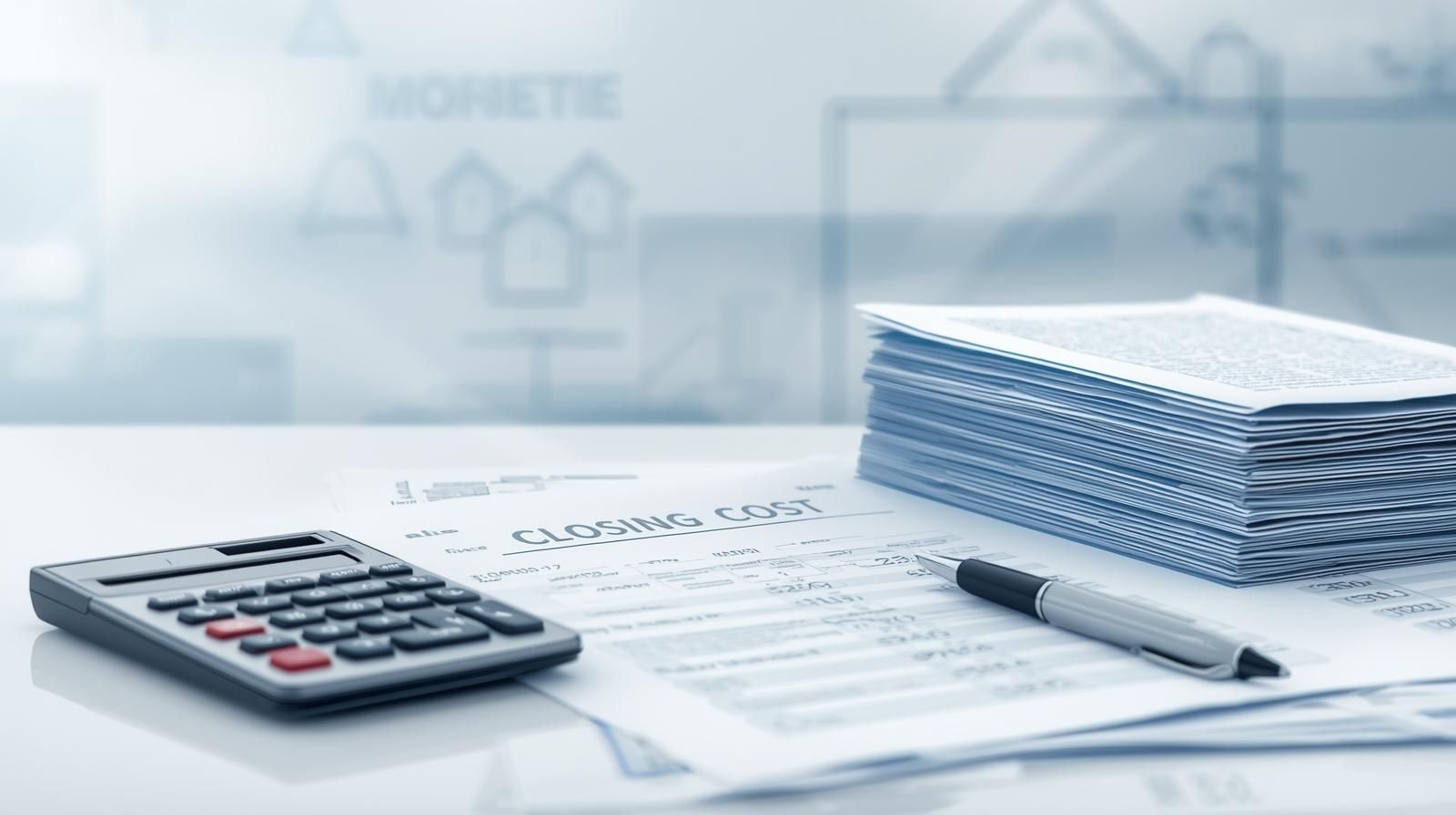
Major Costs for South Carolina Home Sellers
South Carolina seller closing costs typically average between 1% and 3% of the sale price, not including the real estate commission, which is often the largest single expense.
1. Real Estate Commission
This is usually the single biggest cost and covers the fees for both your listing agent and the buyer’s agent. In SC, this is traditionally paid entirely by the seller out of the sale proceeds.
2. Attorney Fees
South Carolina is an "attorney state," which means a licensed SC attorney must be present at closing to conduct the closing and oversee the legal execution of the documents.
-
Deed Preparation Fee: This is the cost for the attorney to draft the new deed that transfers the property to the buyer.
-
Legal/Closing Fee: The attorney's charge for running the closing, reviewing documents, and disbursing funds.
3. Prorated Expenses
Many expenses are paid in arrears or advance, meaning they must be calculated up to the day of closing and split (prorated) between the buyer and seller.
-
Property Taxes: We will calculate the portion of the annual property taxes you owe from January 1st up to the closing date. This amount is deducted from your proceeds and credited to the buyer.
-
HOA Dues: Any monthly or quarterly Homeowners Association fees are prorated in the same manner.
4. State and County Transfer Taxes
Also known as "deed stamps," South Carolina imposes a tax on the transfer of real property ownership.
-
Who Pays: The seller is generally responsible for paying the state and county deed recording fees/transfer taxes, which are based on the sale price of the home.
5. Mortgage Payoff
This cost includes the remaining principal balance of your current mortgage, any accrued interest up to the day of closing, and potentially a prepayment penalty if your loan agreement includes one. Getting an accurate payoff statement from your lender before closing is a vital step we handle.
The Closing Disclosure (CD) and Final Walkthrough
Before closing, you will receive a copy of the Closing Disclosure (CD), a detailed ledger that outlines all credits and debits for both the buyer and the seller. This is the definitive document for your closing costs. We take the time to review this CD with you line-by-line to ensure every figure is accurate and matches the agreed-upon contract terms.
The Final Walkthrough
The buyer performs a final walkthrough just before closing to confirm the property is in the same condition as when they signed the contract, that all agreed-upon repairs have been completed, and that all personal property to be included in the sale remains. A clean and issue-free walkthrough is the final hurdle to a successful closing.
Getting to "Clear to Close"
When all conditions are met, the title is clear, the loan is fully approved, the walkthrough is successful, and all funds are verified, the transaction reaches the "Clear to Close" status. This is the moment we’ve all been working toward.
At the closing table (which, in SC, often involves an attorney’s office), you'll sign the Deed, the Closing Disclosure, and various affidavits confirming no new liens have been placed on the property. Once all documents are signed, the attorney receives "funding authorization" from the buyer's lender (if applicable), and your sale proceeds are disbursed to you—usually via wire transfer or check. You then officially hand over the keys and the home is sold!
Maximizing Your Proceeds: Strategic Negotiation and Cost Reduction
While many closing costs are fixed, we can implement strategies to lower your out-of-pocket expenses and increase your net proceeds. A successful sale is often defined by savvy negotiation and preparation.
Strategic Negotiation
-
Minimizing Seller Concessions: Buyer incentives, or seller concessions, involve you agreeing to pay for a portion of the buyer’s closing costs (e.g., points, origination fees). While these can make an offer more attractive in a slower market, they directly reduce your proceeds. We strategically negotiate these concessions to keep them as low as possible.
-
Addressing Repairs Upfront: Unresolved inspection issues often lead to larger credits at closing. By addressing minor repairs before listing, we remove leverage the buyer may use to negotiate a significant price reduction or a high seller concession.
Cost Control
-
Property Tax Clarity: Ensure your property tax exemptions (such as the SC Homestead Exemption) are correctly applied to prevent over-proration in the buyer’s favor. We verify these details with you early in the process.
-
HOA Management: If your property is governed by an HOA, we coordinate the timely procurement of necessary HOA documents and payoff statements to avoid rush fees or last-minute issues that can complicate the closing attorney's work.
Selling your South Carolina home is a complex process with many moving parts. By understanding the crucial roles of escrow, a clear title, and the impact of closing costs, you are exceptionally well-equipped to navigate the journey. Our dedicated, experienced team is here to guide you through every step, ensuring you achieve a successful and financially rewarding closing.
Ready to take the next step toward a stress-free and profitable home sale in South Carolina? Don't leave your most important transaction to chance. Contact us today for a complimentary, personalized seller consultation where we will create a tailored strategy to price your home correctly, minimize your costs, and ensure a seamless closing.
For more in-depth information on preparing your home for sale and understanding market trends, check out our other valuable blog posts:
Top 5 Questions for South Carolina Home Sellers
1. What exactly is a "clear title" and why is it my responsibility as a seller?
A clear title means the legal history of your property shows no outstanding claims, liens, or legal defects that could challenge the new buyer's ownership. It is your responsibility because the sales contract legally obligates you to deliver ownership free of these burdens. We proactively address any title issues discovered during the title search, which is typically conducted by the buyer's closing attorney. Failing to resolve a "cloud" on the title, such as an old mortgage or unpaid tax lien, will prevent the transfer of the deed and stop your closing.
2. How much should I budget for seller closing costs, excluding the real estate commission?
Excluding the real estate commission—which is typically the largest expense—SC seller closing costs generally range from 1% to 3% of the home's final sale price. These fees primarily cover attorney costs (deed prep, closing fee), prorated property taxes and HOA dues, and the required state and county transfer taxes (deed stamps). We will provide you with a detailed net sheet estimate early in the process so you have a realistic expectation of your net proceeds.
3. What is the biggest financial risk if an issue is found during the title search?
The biggest financial risk is a delay or cancellation of the entire sale if a significant lien or ownership dispute is uncovered that we can't quickly resolve. For example, an outstanding, unreleased mortgage from decades ago could halt closing and cost you money and time to clear legally. We advise all our sellers to notify us of any potential issues, like past HELOCs or recent divorce settlements, so we can gather payoff statements and legal releases in advance.
4. What is the earnest money deposit for, and when do I get to keep it?
The earnest money deposit (EMD) is a good-faith financial commitment from the buyer, held in escrow by a neutral party like an attorney or brokerage, to be applied to their final costs. You may be entitled to keep the EMD if the buyer unilaterally breaches the contract, meaning they back out of the sale for a reason not protected by one of the contract's contingencies. We ensure the contract terms are clear so your right to the EMD is protected should the buyer default.
5. Why is a licensed attorney required for my home closing in South Carolina?
South Carolina is an "attorney state," meaning state law mandates that a licensed attorney must oversee and conduct residential real estate closings to protect all parties. The attorney’s role is to supervise the execution of all legal documents, conduct or review the final title certification, and be responsible for the final disbursement of all funds from the escrow account, including sending your sale proceeds. This legal requirement adds a critical layer of security to your property transfer.
Categories
- All Blogs (83)
- Cost of Living in Summerville SC (21)
- Cost of Selling or Buying a Home (23)
- Downtown Summerville SC (6)
- Freebie (2)
- Golf in Summerville SC (2)
- Guides (15)
- Job Opportunities in Summerville SC (1)
- Lifestyle and Culture (22)
- Market Trends (3)
- Nearby Areas & Comparison Guides (15)
- Neighborhoods in Summerville SC (21)
- PCSing to Charleston - Military Guidance (12)
- PCSing to Charleston SC (22)
- Property Taxes in Summerville SC (6)
- Relocation Questions & Miscellaneous Topics (39)
- Retire in Summerville SC (5)
- Schools in Summerville SC (13)
- Things to do in Summerville SC (6)
Recent Posts




